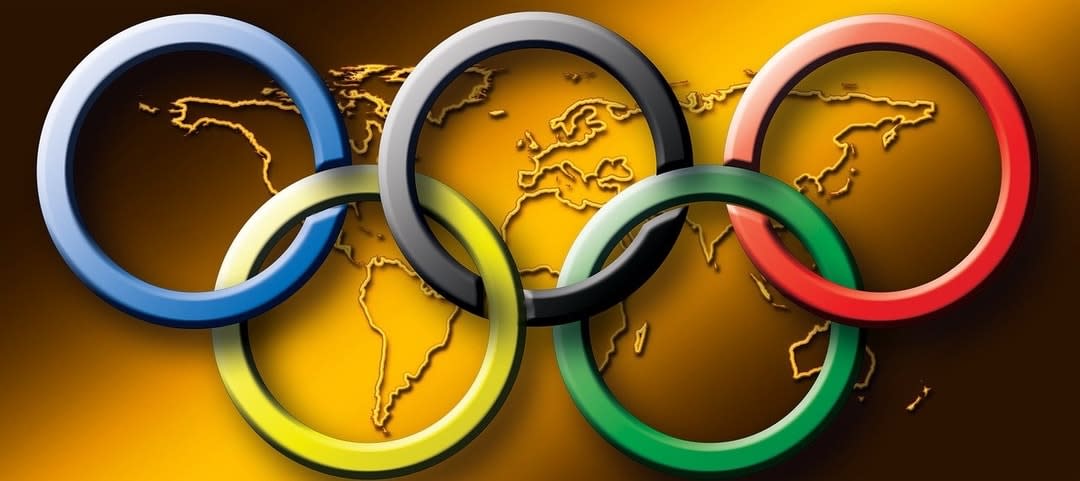
In April, Japanese Prime Minister Yoshihide Suga said, “The IOC has the authority to decide, and the IOC has already decided to hold the Tokyo Olympics”, and in so doing declared his government powerless to cancel the event in the face of a pandemic that has placed Tokyo in a state of emergency and killed more than 10,000 of its citizens.
This a remarkable statement from the prime minister of a sovereign nation. But is it correct? Is the Japanese government powerless to cancel the Olympics? Does that power reside only in the International Olympic Committee (IOC)?
The answer to the question of whether the Japanese government can cancel the Olympics is, yes, it can. The more pertinent questions, however, are whether it should, and who should bear the consequences if it does?
Let’s look at each question in turn.
Can the Japanese government cancel the Olympics?
While Clause 66 of the Host City Contract for the Tokyo Olympics confers power to terminate the games on the IOC only – and thus on its face appears to suggest no other party has the right to cancel the event – the contract is between the IOC and the City of Tokyo, the Japanese Olympic Committee, and the Tokyo Organising Committee of the Olympic and Paralympic Games (OCOG).
The Japanese government is not a party to the contract, and the contract says nothing about the ability of the Japanese government to close its border, impose restrictions on the movement and gathering of people, or take other actions to protect the health of its citizenry that would render hosting the Olympics impossible.
And while doing so might put the Japanese government in breach of covenants and guarantees it provided in support of Tokyo hosting the Olympics, that goes to consequences, not ability.
Should the Japanese government cancel the Olympics?
Can the Olympics be held safely and without spreading COVID-19? Hopefully. It’s clear every effort is being made to do so. However, health concerns – while of paramount importance – are but one consideration. There also is a question of priorities.
Tokyo doctors call for cancellation of Olympic Games due to COVID-19 | Article [AMP] | Reuters https://t.co/G16fiDmsQL— rika (@rika_tf) 3 June, 2021
It’s instructive that the Tokyo Medical Practitioners Association representing 6000 primary care doctors has called for the games to be called off, and that public opinion also is strongly against the games proceeding. Even leaders of Japan’s business community are questioning the wisdom of proceeding with the games, as are some of its leading sportspeople.
However, cancelling the Olympics would be a national humiliation, and a blow to how Japan is seen by other countries, and how it sees itself. There would be damage to the national psyche. And, of course, there would be a significant financial cost to all who have invested in the games proceeding.
The numbers being mooted are astronomical, with some estimates of the cost of cancelling the Olympics as high as 1.81 trillion yen (A$21.3 billion).
Like all difficult decisions, the “should” question involves balancing – and at times trading off – complex health, economic, social and political considerations. Striking these balances and making these trade-offs is the domain and responsibility of democratically elected governments, not organisations such as the IOC, no matter how virtuous their missions might be.
Who should bear the consequences if the Japanese government does cancel the Olympic Games?
The political cost of cancelling the Olympics (and of not cancelling the Olympics) will be borne by the Japanese government. But who would bear the financial cost?
The Host City Contract says the City of Tokyo, the Japanese Olympic Committee, and OCOG. They, in turn, would presumably look to the Japanese government (and their insurers). But the Host City Contract is the starting point of the analysis, not the end point.
The contract provides that disputes are to be resolved by the Court of Arbitration for Sport (CAS), and failing that, Swiss courts, and according to Swiss law.
Swiss law recognises the ability of a party to terminate a contract where extraordinary and unforeseen circumstances beyond the control of the party render performance as originally contemplated impossible or unconscionable. And while both CAS and Swiss courts have applied stringent standards when determining whether such circumstances exist, its application to the “unprecedented” nature of COVID-19 cannot be excluded.
A dispute of this nature and size – and around which there is legal uncertainty – is most likely to be resolved in a boardroom, not a courtroom, and through mediation and negotiation, not litigation.
All of this means that the legal situation is uncertain, and the potential players large (once you also factor in broadcasters, sponsors and their insurers, for example). It has all the hallmarks of a lawyer’s picnic.
A dispute of this nature and size – and around which there is legal uncertainty – is most likely to be resolved in a boardroom, not a courtroom, and through mediation and negotiation, not litigation.
The Japanese government would enter those negotiations occupying the high moral ground. The IOC, however, would enter them with greater power.
The IOC determines which countries and athletes compete in their competitions. The IOC has used this power in the past to suspend national teams from competing in its competitions to sanction governments it considers have acted in a manner hostile to its interests.The most notable and recent example was the IOC’s decision to suspend the Russian national team from competing at the 2018 Winter Olympics.
This is a big stick. It may be that at the end of any negotiations, the Japanese government bears the lion’s share of the financial costs should it cancel the Olympic Games, but that doesn’t mean it cannot or should not.





